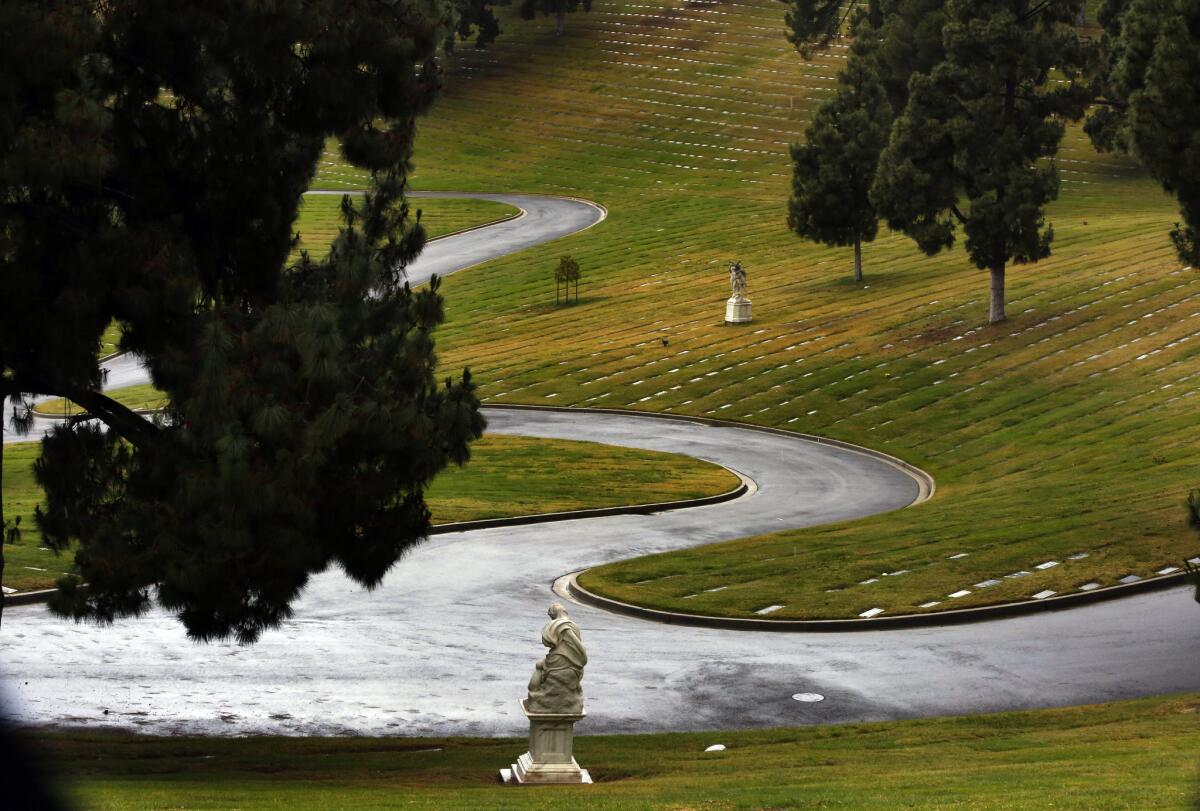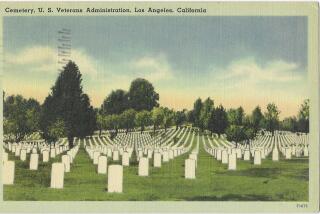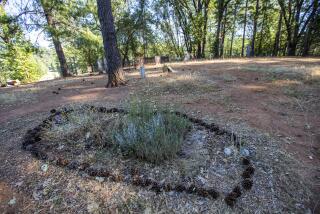Letters to the Editor: Composting dead bodies is disrespectful. What’s next, ‘Soylent Green’?

- Share via
To the editor: Your editorial on human composting singles out the Roman Catholic Church for being opposed to what you propose. In fact, ceremonial burial has been practiced for 100,000 years and finds broad support in both western and eastern religions.
Although burial customs differ, they share a common element: respect for the body. Composting a person’s body to make plant fertilizer seems like the antithesis of respect.
What will you propose next? That we convert our dead into not just food for plants, but food for people? The 1973 movie “Soylent Green” comes to mind.
Your final paragraph comes across as mocking persons of faith as being unenlightened and anti-environment. Are you familiar with Pope Francis’ exhortation, in his May 2015 encyclical letter, for all people to be good stewards of the environment?
If your newspaper wants to reduce its carbon footprint, I suggest you discontinue the use of newsprint and the use of trucks and vans to deliver papers.
John Carpenter, Sierra Madre
..
To the editor: Religions that denounce human composting need to face reality. That may be difficult where so many churches’ congregants expect the unreality that commonly attends the demise of a loved one:
His body is prepared for a pre-burial viewing, with the eyes forced shut, as if he were merely asleep. At the viewing he rests in a gorgeous coffin with cozy cloth-lined interior. After the farewell service, the closed coffin is interred in a sparkling mausoleum or well-manicured cemetery, as if he might reside there forever.
In truth, “forever” may extend only to the next century. Cemeteries typically retain the right to displace burials; after a century or two, one’s remains can be removed to make way for future generations’ decedents.
Human composting doesn’t show disrespect for a decedent’s remains. Rather, it respects both Mother Nature and successor generations.
Rona Dolgin, Los Angeles
..
To the editor: There is another alternative for handling human remains.
The excellent medical schools in Southern California (there are many) are in need of donated bodies for teaching future medical professionals. Local universities have donation programs with rigorous rules for accepting bodies.
Please consider this alternative.
Jane Cashell, Irvine
More to Read
A cure for the common opinion
Get thought-provoking perspectives with our weekly newsletter.
You may occasionally receive promotional content from the Los Angeles Times.






